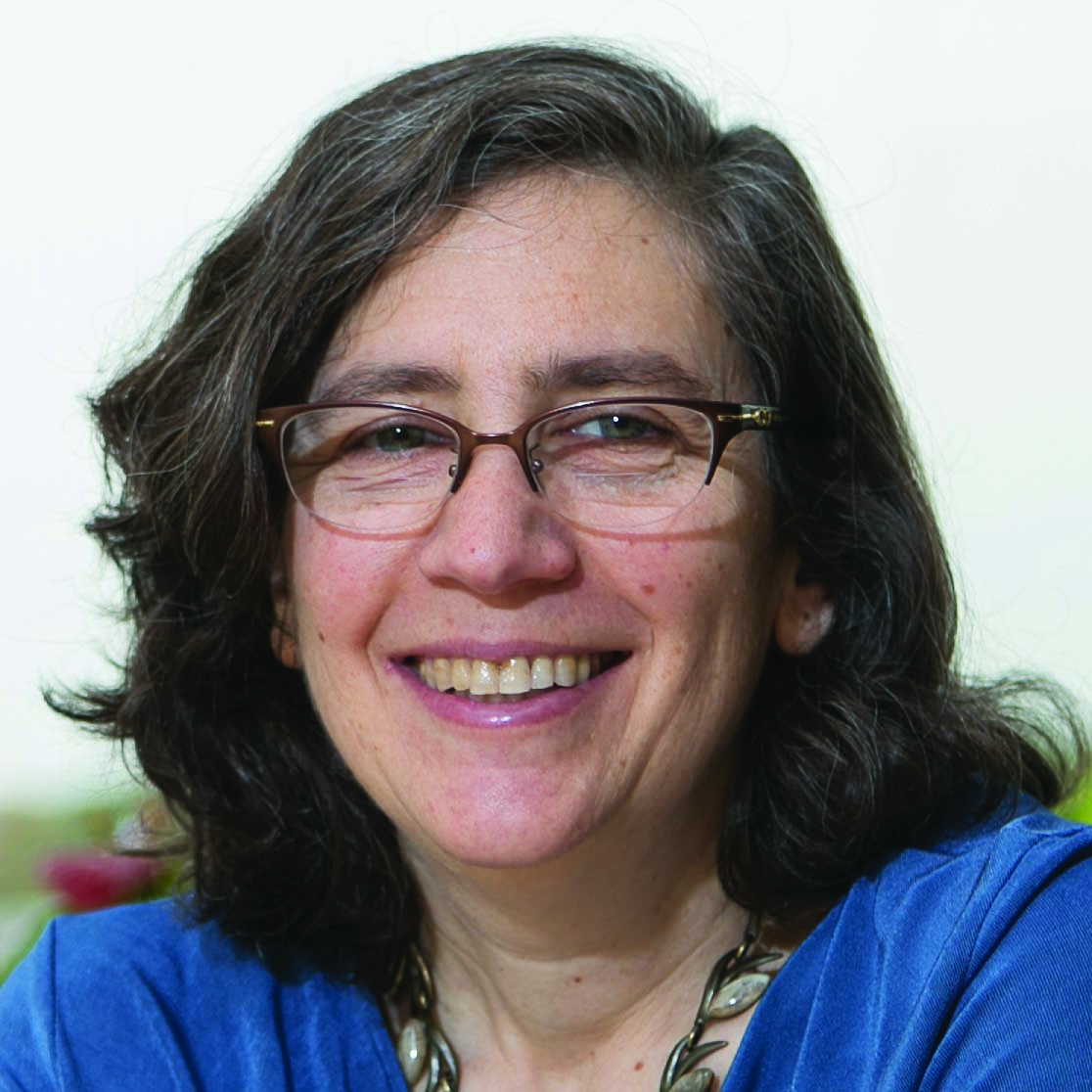Department chair for Schiffer; Bryant receives ASM basic research award
Department chair for Schiffer
Celia Schiffer has been named chair of the newly renamed department of biochemistry and molecular biotechnology at the University of Massachusetts Chan Medical School, effective Oct. 1.

Schiffer renamed the department, formerly known as the department of biochemistry and molecular pharmacology, to recognize the importance of molecular biotechnologies in solving biological and medical problems.
Schiffer’s contributions to science are in defining the field of drug resistance and developing framework to avoid drug resistance from the initial design phase. She discovered that drug resistance occurs when mutations in the target enzyme alter the balance of substrate recognition to inhibitor binding to favor the substrates. Mechanistically, she has demonstrated that resistance mutations either occur where drugs physically contact regions of the drug target that are not essential for substrate recognition or alter the ensemble dynamics of the drug target.
Schiffer defined the substrate envelope and her lab successfully designed inhibitors that minimize the likelihood for resistance in structure-based drug design. She delineated a strategy of parallel molecular dynamics to capture how mutations equate with alterations in inhibitor potency. Schiffer derived these strategies through her work with the viral proteases of HIV and hepatitis C and is applying them to the viral proteases of SARS-CoV-2.
After earning her Ph.D. at the University of California, San Francisco in biophysics, Schiffer pursued postdoctoral research at the ETH Zurich and at Genentech in South San Francisco. She joined the faculty of the UMass Medical School in 1998. In 2009, she established the Institute for Drug Resistance at the medical school, which she continues to direct.
Last year's recipient of the ASBMB William C. Rose Award, Schiffer is also a fellow in the American Academy of Microbiology, received the 2016 Chancellor's Award for Excellence in Mentoring from UMass Chan Medical, and was named educator of the year by the Massachusetts Society for Medical Research.
Bryant receives ASM basic research award
Don Bryant, a professor of biotechnology and of biochemistry and molecular biology at the Pennsylvania State University, has received the American Society for Microbiology's 2022 Award for Basic Research.

Bryant studies chlorophotrophic bacteria, microbes that use chlorophylls for energy production and/or photosynthesis. For 50 years, he has been interested in two contrasting taxa: cyanobacteria that photosynthesize and produce oxygen like plants, and green sulfur bacteria, which are killed by oxygen and light. In 2005, his team discovered Chloracidobacterium thermophilum, the first characterized phototrophic acidobacterium, while conducting metagenomics analyses of microbes that dwell in the hot springs in Yellowstone National Park.
Among other findings in prokaryotic molecular physiology, Bryant’s group discovered that some terrestrial cyanobacteria can adapt and grow using only far-red light by synthesizing chlorophyll variants that absorb far-red light. Biotechnologists hope these findings might help engineer crops that can also photosynthesize using far-red light and thereby produce higher yields by using sunlight more efficiently.
Bryant grew up on a dairy farm in Kentucky. After studying chemistry and biology at the Massachusetts Institute of Technology, where he became interested in photosynthesis, he earned his Ph.D. in molecular biology at UCLA, studying cyanobacterial light-harvesting proteins, and conducted postdoctoral research at the Pasteur Institute in Paris and then Cornell University. He joined the faculty at Penn State in 1981 and has since concomitantly worked as a visiting professor at Montana State University and Nanyang Technological University in Singapore.
Among Bryant’s recognitions are the Kettering Award, which he received last year from the American Society of Plant Biologists, and fellowship in the American Association for the Advancement of Science and the American Academy of Microbiology. He has served on the editorial board of the Journal of Biological Chemistry twice, as editor-in-chief of the journal Frontiers in Microbial Physiology and Metabolism and as associate editor for other journals. Outside the lab, he is an avid photographer specializing in birds of prey.
Enjoy reading ASBMB Today?
Become a member to receive the print edition four times a year and the digital edition monthly.
Learn moreGet the latest from ASBMB Today
Enter your email address, and we’ll send you a weekly email with recent articles, interviews and more.
Latest in People
People highlights or most popular articles

The timekeepers of proteostasis
Learn about the cover of the winter 2026 ASBMB Today issue, illustrated by ASBMB member Megan Mitchem.

Defining JNKs: Targets for drug discovery
Roger Davis will receive the Bert and Natalie Vallee Award in Biomedical Science at the ASBMB Annual Meeting, March 7–10, just outside of Washington, D.C.

Building better tools to decipher the lipidome
Chemical engineer–turned–biophysicist Matthew Mitsche uses curiosity, coding and creativity to tackle lipid biology, uncovering PNPLA3’s role in fatty liver disease and advancing mass spectrometry tools for studying complex lipid systems.

Summer research spotlight
The 2025 Undergraduate Research Award recipients share results and insights from their lab experiences.

Pappu wins Provost Research Excellence Award
He was recognized by Washington University for his exemplary research on intrinsically disordered proteins.

In memoriam: Rodney E. Harrington
He helped clarify how chromatin’s physical properties and DNA structure shift during interactions with proteins that control gene expression and was an ASBMB member for 43 years.
